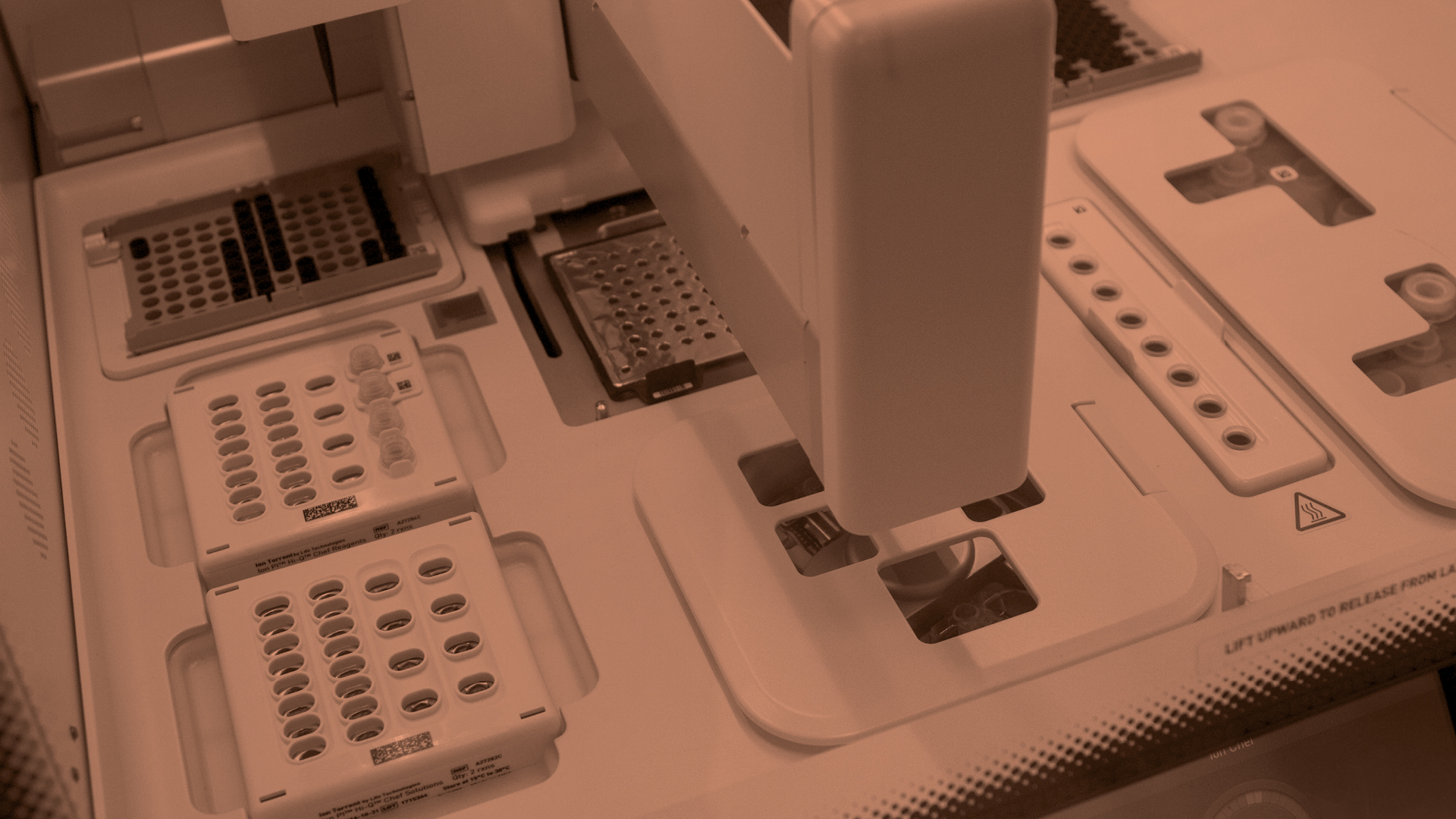
In 2023, a young computer enthusiast looks to start a university degree. Settling into the Bachelor of Computer Science (Advanced) at the University of Adelaide, Georgia Mason’s career is beginning.

Australia’s leading tech and engineering academy said that today’s mid-year budget update gives the Australian STEM community both cause for concern and relief – and overall points to an urgent need for long-term strategy and funding.
To arrange interviews with ATSE spokespeople and for other media enquiries, contact Tim Hurd | 0447 427 292 | communications@atse.org.au